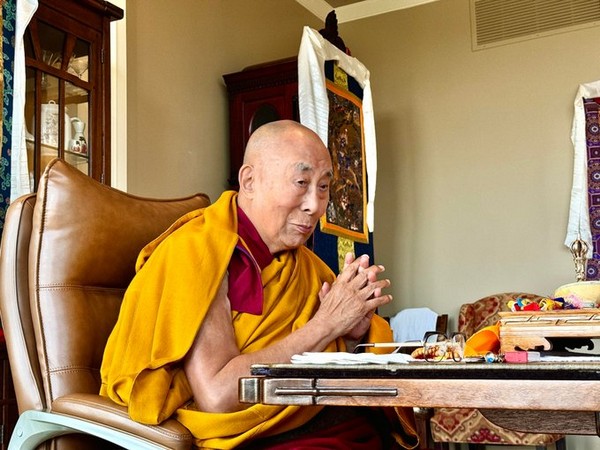China’s Interference in Dalai Lama's Reincarnation Sparks International Concern
China has intensified its interference in the reincarnation process of the next Dalai Lama, according to a report by the International Tibet Network. The report outlines Beijing’s strategic plans to diminish international support for Tibet and reshape Tibetan identity through control over religious practices.

- Country:
- United States
China has intensified its interference in the reincarnation process of the next Dalai Lama, according to a report released on Wednesday by the International Tibet Network (ITN). The 30-page document, titled 'Tibet, the Dalai Lama, and the Geopolitics of Reincarnation,' alleges that Beijing aims to use the Dalai Lama's passing as an opportunity to end global support for Tibet's cause and exclude the spiritual leader from his own succession planning.
The report highlights two Chinese policy documents revealing a strategy to control Tibetan religious identity and influence the international Buddhist community. In response to Chinese propaganda in 2011, the 14th Dalai Lama issued a document stating he might appoint a successor while alive—a practice with historical roots in Tibet—though this was swiftly rejected by the Chinese Communist Party (CCP), which insists that only Beijing can approve his successor.
The report claims China's 'Sinicization' of Tibetan Buddhism aims to sever the deep connection between Tibetans and the Dalai Lama, involving high-tech surveillance, policing of religious sites, and campaigns of 'patriotic re-education' that have included torture and sexual abuse. The CCP's strategy, according to internal briefings, also aims to influence Western governments and media to end international support for Tibet in the 'post-Dalai era.' The case of the 11th Panchen Lama, replaced controversially by a Chinese candidate in 1995, serves as a precedent for Beijing's plans. Despite these measures, loyalty to the Dalai Lama among Tibetans remains strong.
(With inputs from agencies.)










